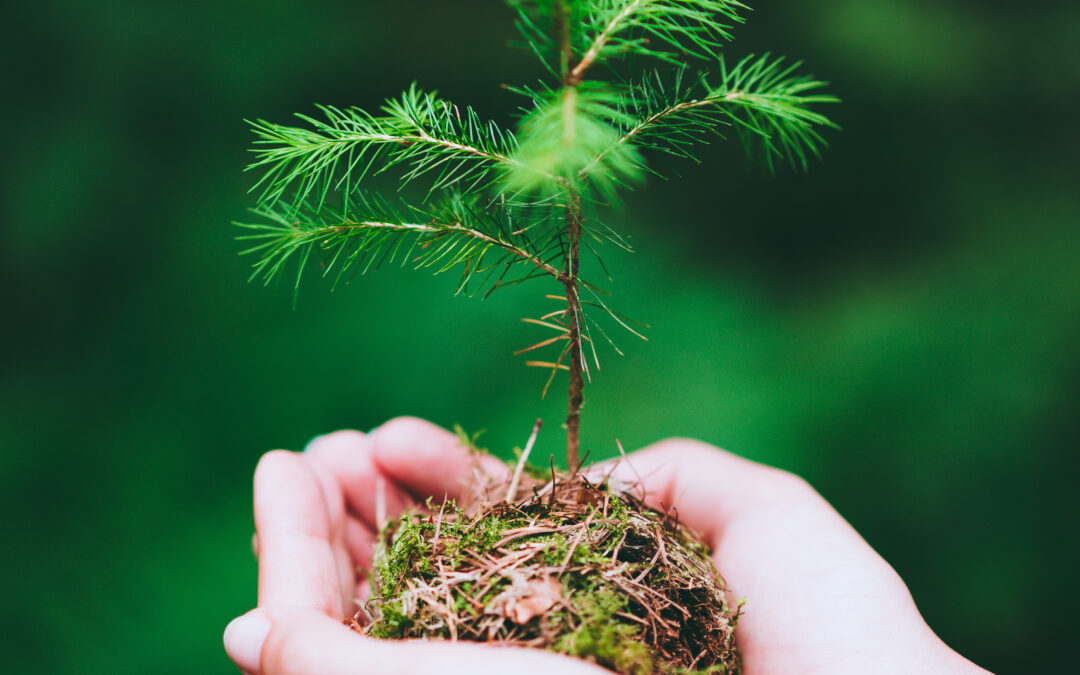Welcome to the world of organic gardening! Whether you’re a seasoned gardener or just starting out, growing your own produce is an incredibly rewarding experience. In this guide, we will cover everything you need to know about how to start your own organic garden. Let’s get started!
Introduction to Organic Gardening:
Organic gardening refers to the practice of growing plants without using synthetic fertilizers and pesticides. Instead, organic gardeners rely on natural methods such as composting, crop rotation, and companion planting to keep their plants healthy and thriving. By choosing organic gardening, you are not only reducing your environmental impact but also ensuring that your food is free from harmful chemicals.
Choosing the Right Location and Soil for Your Garden:
When selecting a location for your organic garden, choose an area that receives at least six hours of sunlight per day. If you live in an apartment or have limited space, consider container gardening. As for soil, opt for a nutrient-rich mix that drains well. You can make your own by combining equal parts of compost, peat moss, and perlite.

Selecting the Best Seeds and Plants:
Once you have chosen your location and prepared your soil, it’s time to select the best seeds and plants for your garden. Consider which crops you enjoy eating and research which varieties perform well in your region. When purchasing seeds or seedlings, look for certified organic options.
Understanding Pests, Diseases, and Fertilizers:
As with any garden, pests and diseases can be a challenge. Rather than reaching for harsh chemicals, try natural remedies such as neem oil or garlic spray. For fertilizer, use compost tea or fish emulsion. These ingredients provide all the necessary nutrients for your plants while keeping them safe from harm.
Maintaining Your Organic Garden Throughout the Year:
To maintain your organic garden throughout the year, follow these tips:
1. Water regularly, but don’t overwater.
2. Keep your plants pruned and trimmed.
3. Rotate your crops each season to prevent depletion of nutrients in the soil.
4. Use mulch to retain moisture and suppress weeds.
Harvesting and Preserving Your Homegrown Produce:
The moment you’ve been waiting for – harvest time! Harvest your vegetables when they are ripe and ready to eat. To preserve your homegrown produce, consider canning, pickling, or freezing. Nothing tastes better than fresh, home-grown veggies straight from your backyard.
In conclusion, starting your own organic garden doesn’t have to be intimidating. With the right tools and knowledge, anyone can create a beautiful and bountiful garden. Happy gardening!



